How the menopause could be wrecking your eye health
Dry, red or gritty eyes? Read on...
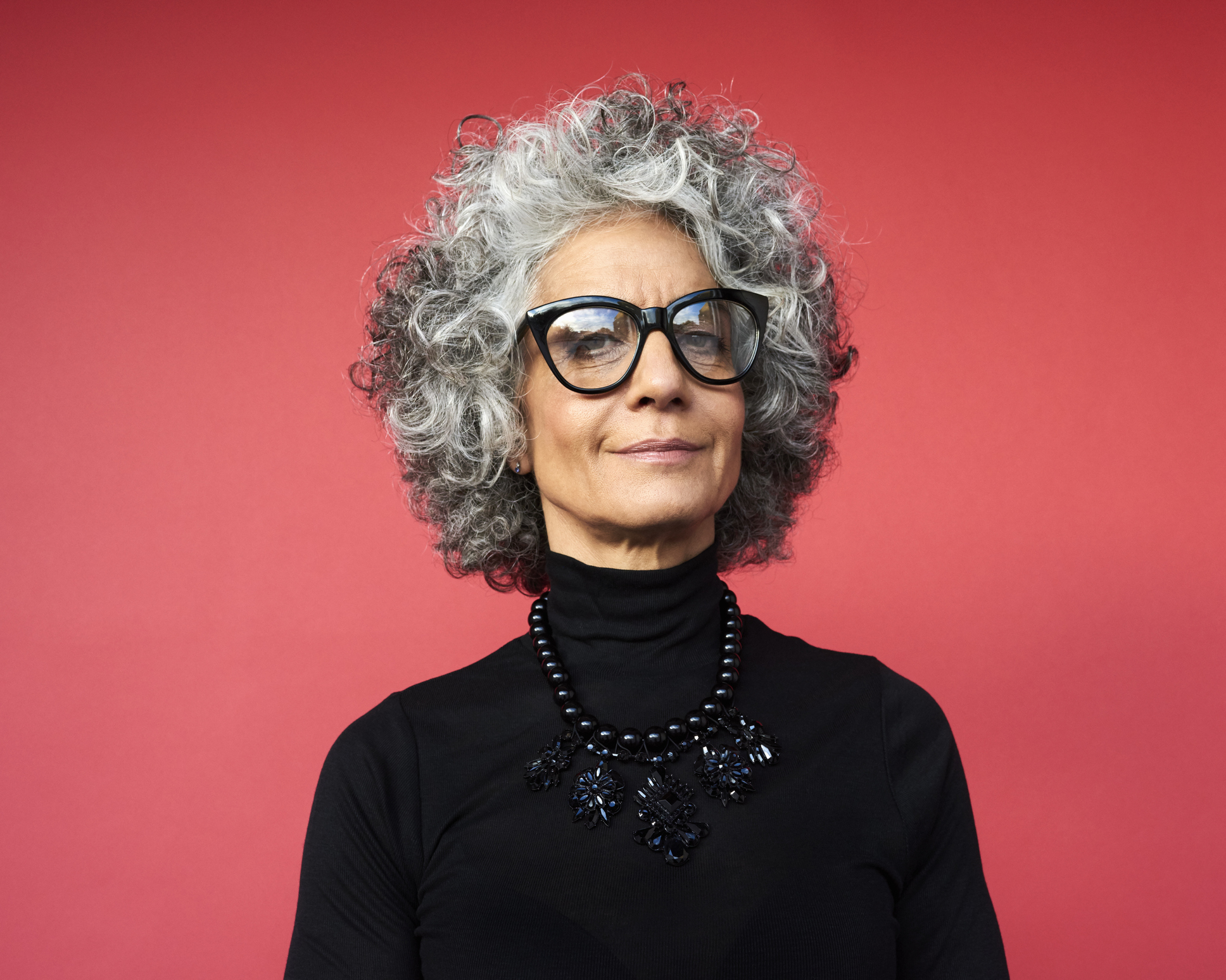
The menopause can inundate us with annoying ailments; hot flushes, sleepness nights, hair loss – the list goes on. But, eye health? It doesn’t typically cross our mind when we think of menopausal symptoms. However, its impact on our eyes can be significant.
Dr Nigel Best, Specsavers’ clinical spokesperson, explains that the changes taking place in a woman’s body during the menopause can actually affect the eyes too.
‘Our hormones control the production of our tears and it is common for post-menopausal women to experience dry eye symptoms,’ says Dr Best.
‘If you experience dry, red or gritty eyes you should discuss this with your optometrist so they can advise you on the most appropriate treatment.’
But there are several other factors also impacting the health of our peepers, exercise being one of them.
Dr Best says: ‘Studies have shown that regular exercise, such as walking, can reduce the risk of age-related macular degeneration by up to 70 percent and it can also decrease the risk of cataracts too.’
Make sure that you’re staying hydrated during those workouts –and throughout the day - as dehydration can cause symptoms of dry eye. In fact, Dr Best adds that losing more fluid than you take in can lead to eyes becoming dry and irritated.
Sign up for the woman&home newsletter
Sign up to our free daily email for the latest royal and entertainment news, interesting opinion, expert advice on styling and beauty trends, and no-nonsense guides to the health and wellness questions you want answered.
‘You can even start to get slightly blurred vision because there are not enough tears to lubricate the eye,’ he says, explaining that eye drops can be of help.
READ MORE: Menopause can cause tooth loss, here’s how to minimise your risk
Speaking of tears, don’t hold them back next time you feel like a good sob. Tears aren’t just an emotional release, but they can also help wash away foreign matter that might come into contact with our eyes, and they can help reduce the risk of eye infections.
Diet is also key. Fish rich in omega-3 fatty acids (think sardines, salmon and mackerel) can help with eye lubrication, whilst avocados are rich in zinc and vitamin B, to help stave off cataracts.
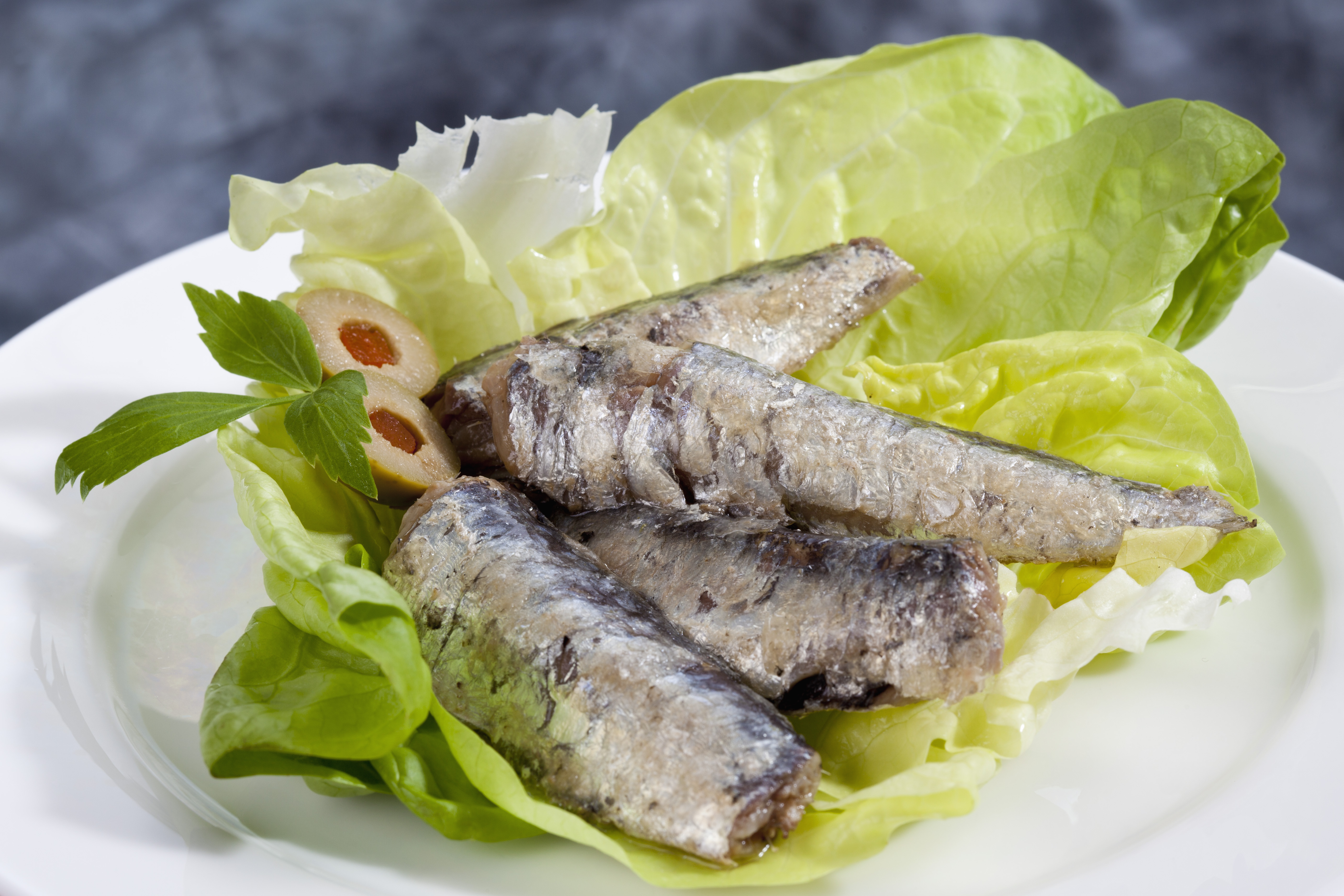
And of course, sleep is great for protecting our eye. Overnight, our body rests and repairs, so not getting enough sleep can be detrimental to our health. Ever felt your eyelids twitching? This could be down to Myokymia, which causes uncomfortable and distracting spasms, often caused by lack of sleep.
‘It’s essential that we all get enough sleep as it gives our bodies an opportunity to rest – including our eye muscles, which will help to stop them from twitching,’ says Dr Best.
To give your eyes the best chance of rest while you sleep and to lessen the risk of bacteria and oil build up, be sure to remove all traces of make up – particularly eyeliner and mascara.
Likewise, it’s also important to regularly wash make up brushes and bin any out-of-date products, which could harbour bacteria.
This National Eye Health Week (23rd to 29th September 2019), Dr Best adds that regular eye tests – once every two years as a minimum – are also important.
Lucy Gornall is the former Health & Fitness editor at Future and a personal trainer specializing in pre and post-natal exercise.
-
 Our favourite Nicole Kidman beauty looks from across the years
Our favourite Nicole Kidman beauty looks from across the yearsRevisit some of the star's most iconic hair and makeup moments
By Lucy Abbersteen
-
 Ground cover plants – 8 low-growing options recommended by gardening professionals
Ground cover plants – 8 low-growing options recommended by gardening professionalsA carpet of ground cover plants will cover unsightly bare soil and help suppress weeds – here are some top options to choose from
By Holly Crossley
-
 5 sexperts share their secrets to better sex for mature women
5 sexperts share their secrets to better sex for mature womenThese women know how to put the va-va-voom back into the bedroom… possibly even the kitchen! Here's what we've learned from them
By Kim Willis
-
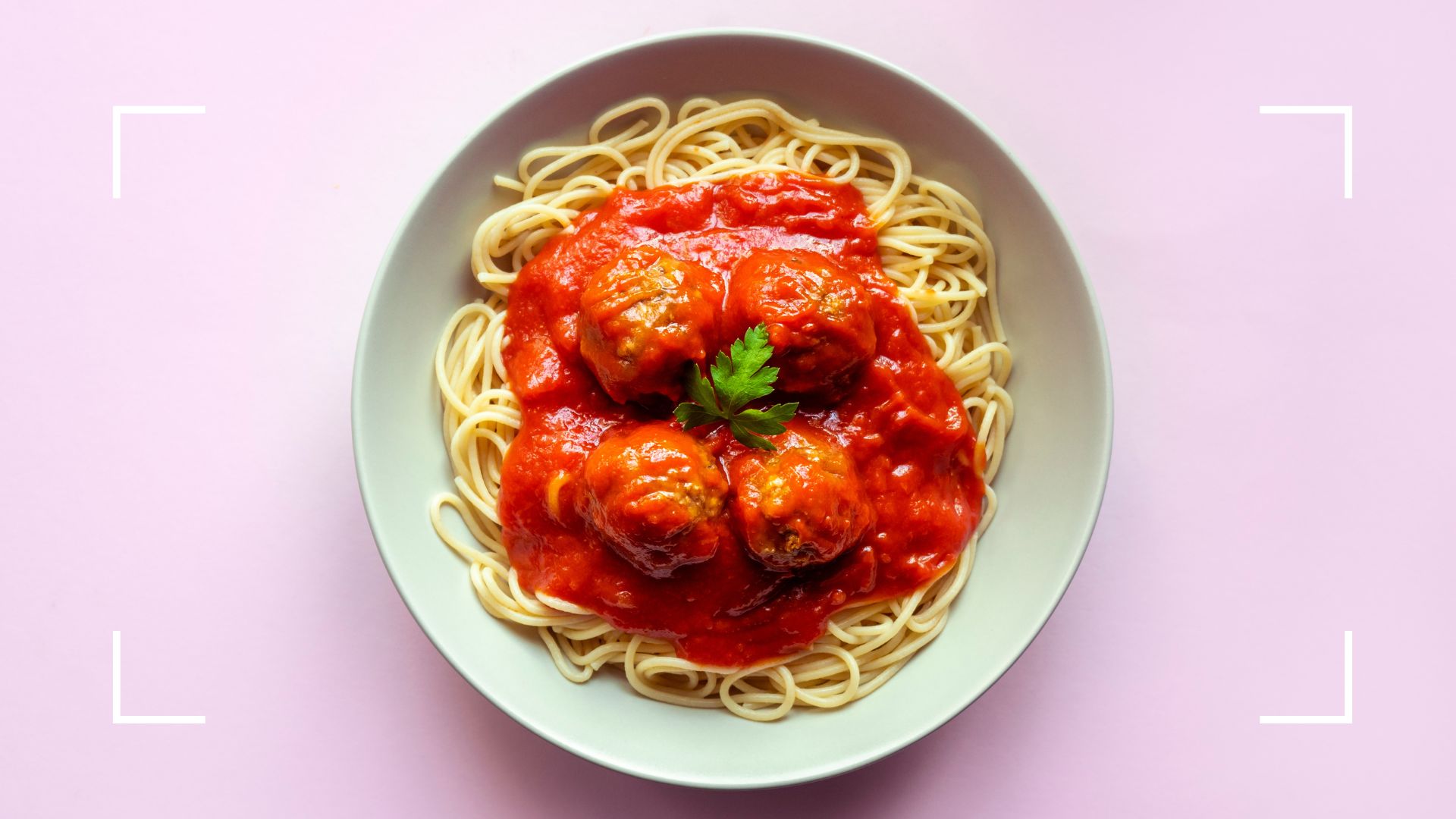 Can menopause cause a loss of taste and smell? Plus, 6 other signs of menopause you might not expect
Can menopause cause a loss of taste and smell? Plus, 6 other signs of menopause you might not expectCan menopause cause a loss of taste and smell? It's more than just colds and flu that can change our tastebuds
By Emily Smith
-
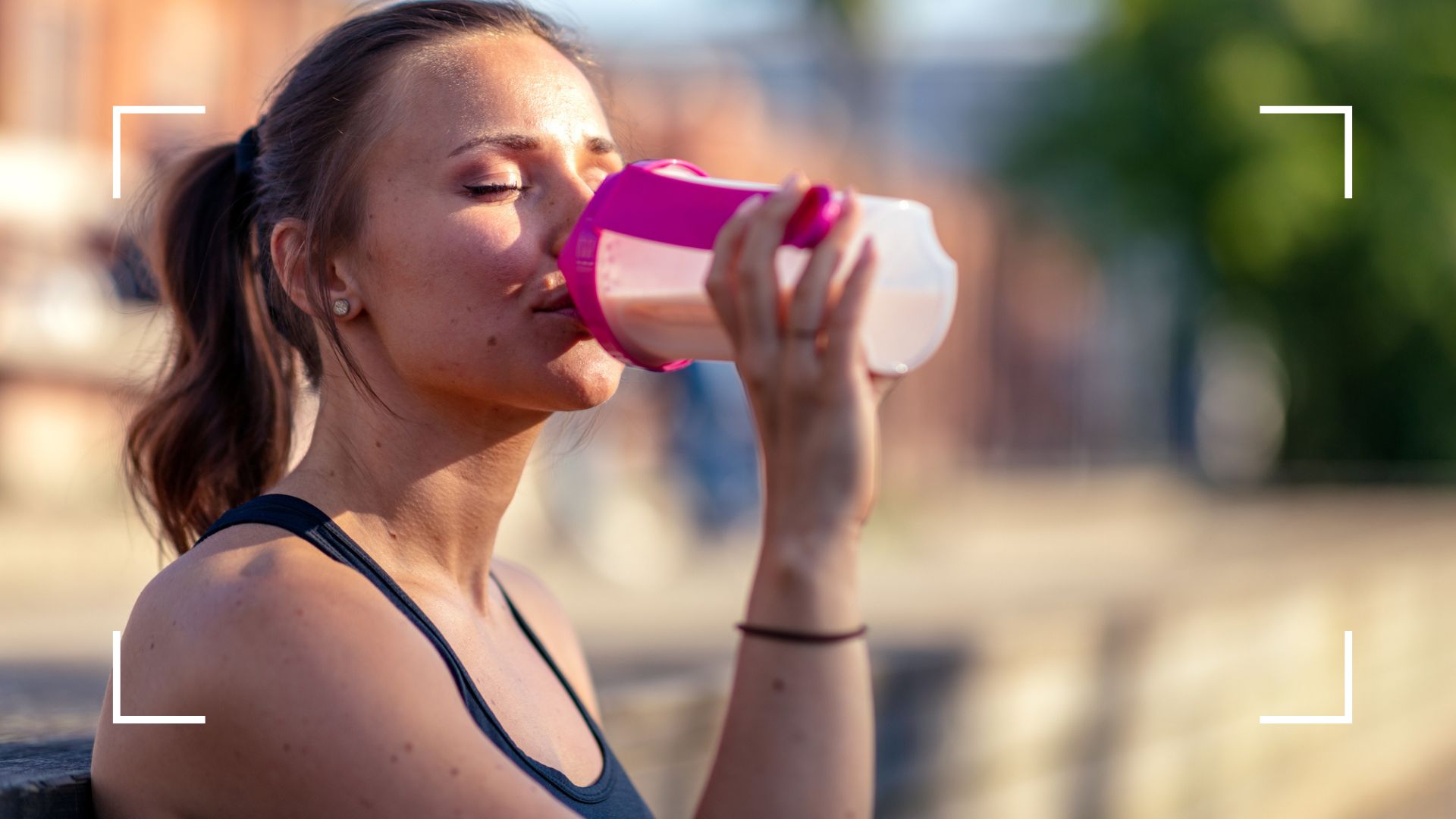 The health benefits of protein powder for women, according to a nutritionist
The health benefits of protein powder for women, according to a nutritionistWe've got the scoop on the benefits of protein powder when it comes to your health
By Lucy Gornall
-
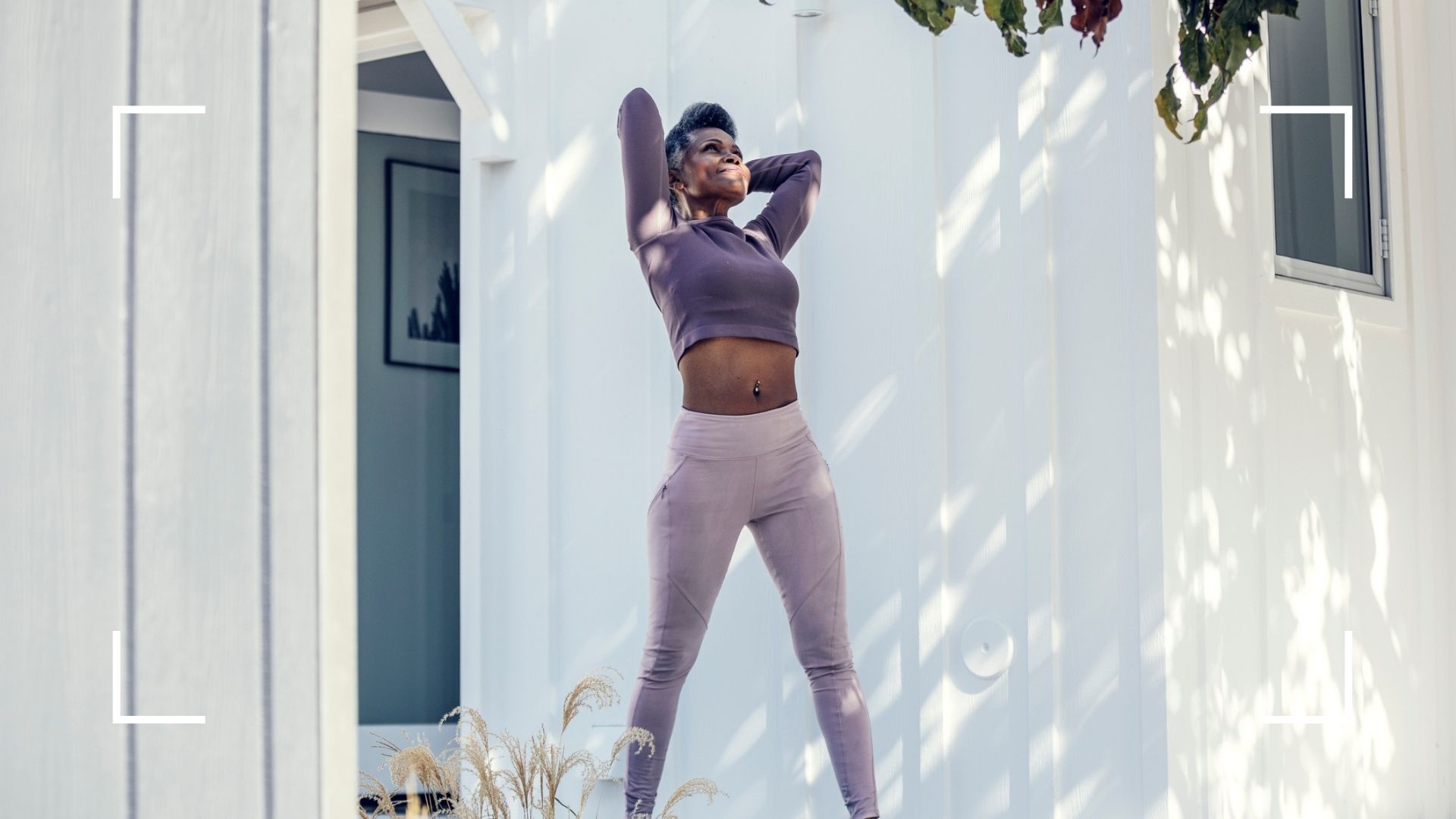 Wondering if you're postmenopausal? These are 9 ways your body changes post-menopause
Wondering if you're postmenopausal? These are 9 ways your body changes post-menopauseThese are the body changes you can expect if you're postmenopausal
By Lauren Clark
-
 Can you get pregnant during perimenopause? Here’s how your fertility changes from your 40s
Can you get pregnant during perimenopause? Here’s how your fertility changes from your 40sIf you’re wondering can you get pregnant during perimenopause, we’ve got the expert verdict
By Lauren Clark
-
 What are the main menopause symptoms? Find out the signs and when to see your doctor
What are the main menopause symptoms? Find out the signs and when to see your doctorA team of experts outline common menopause symptoms and how to deal with them
By Stacey Carter
-
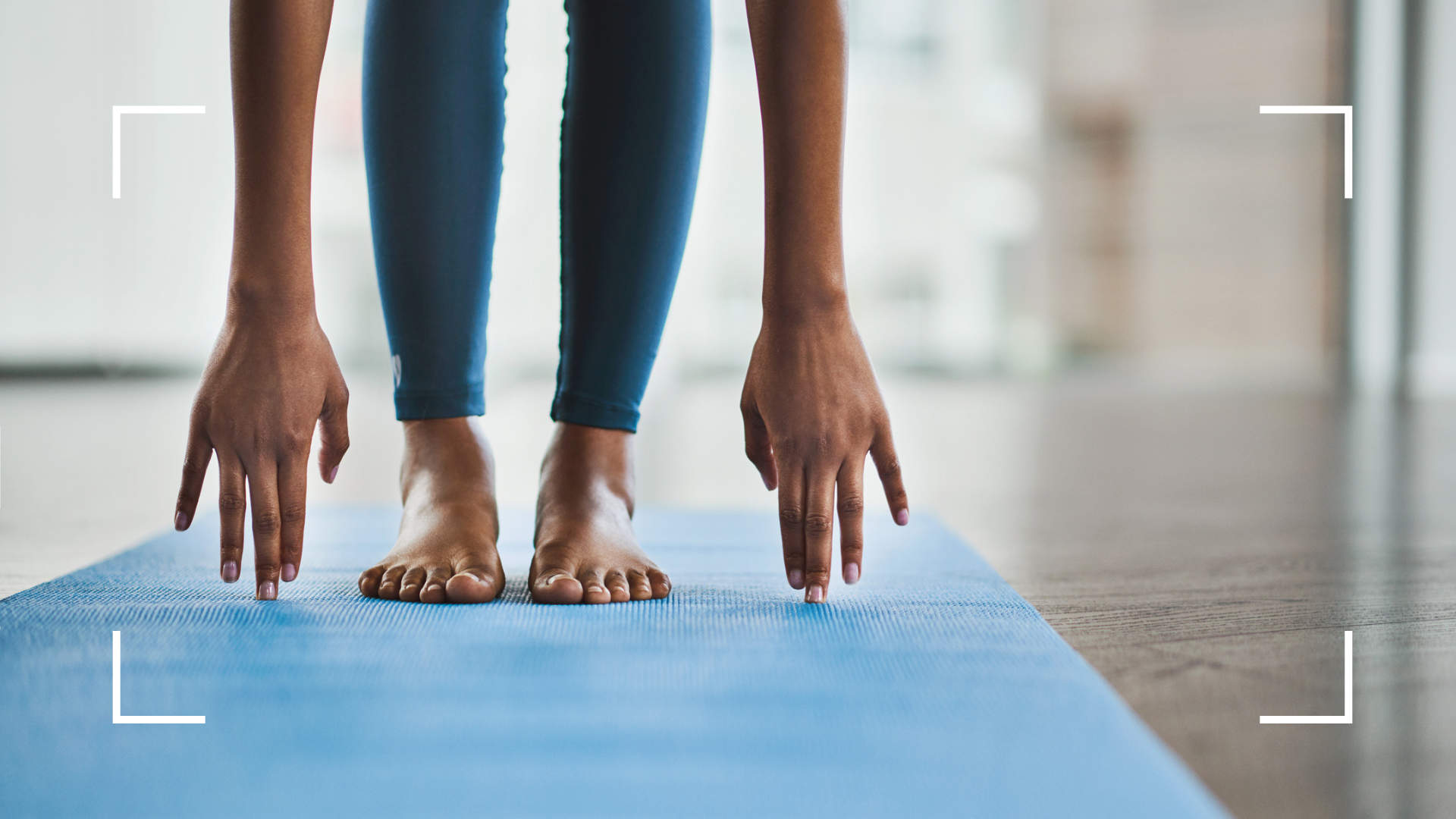 Here's how to tell whether you're experiencing menopausal weight gain—and what to do about it
Here's how to tell whether you're experiencing menopausal weight gain—and what to do about itIf menopausal weight gain is knocking your confidence, this is everything you need to know...
By Lauren Clark
-
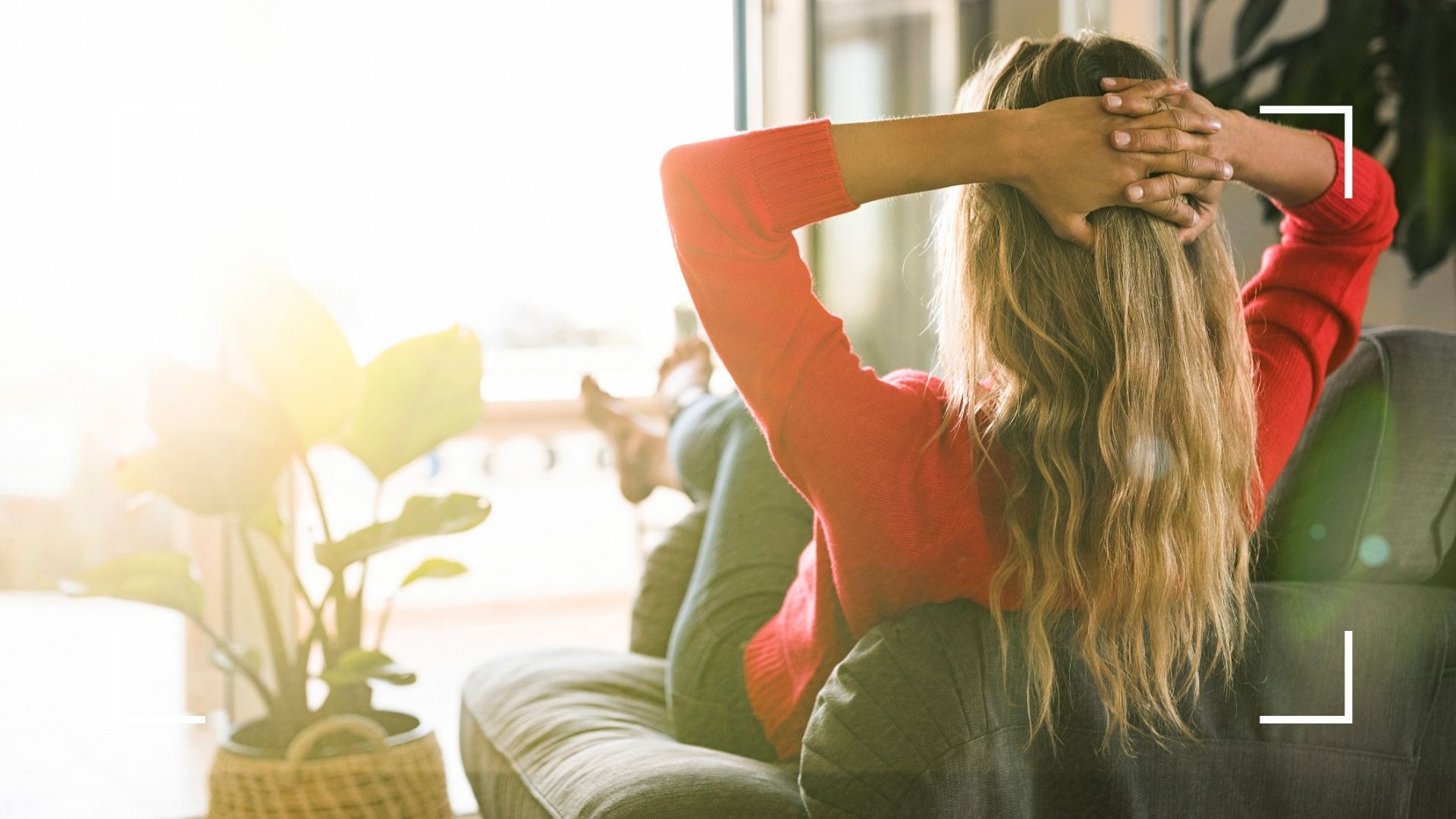 How to calm down hot flushes if you are going through the menopause
How to calm down hot flushes if you are going through the menopauseHot flushes are thought to be caused by hormonal fluctuations—these are the best ways to ease them...
By Lauren Hughes